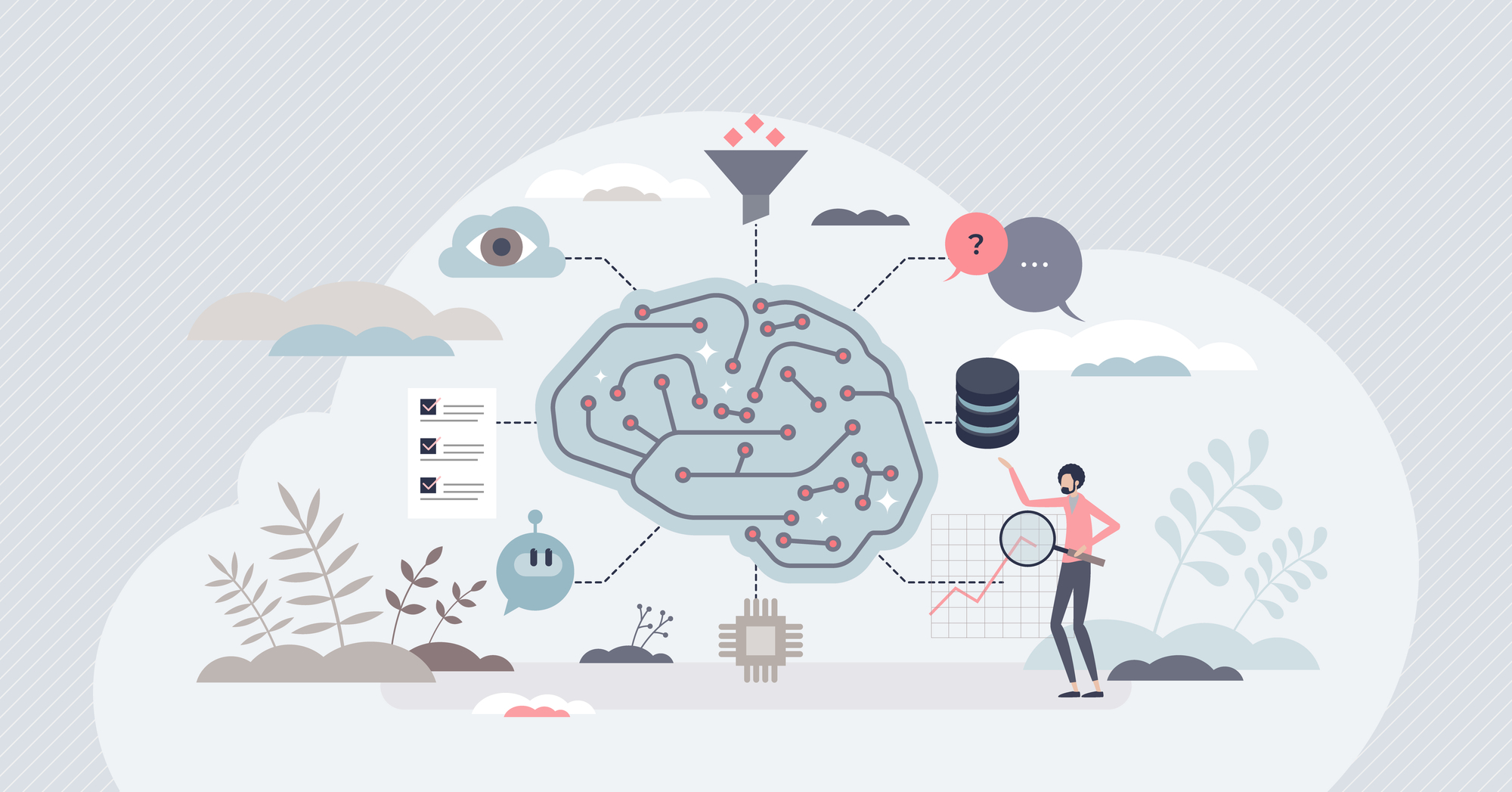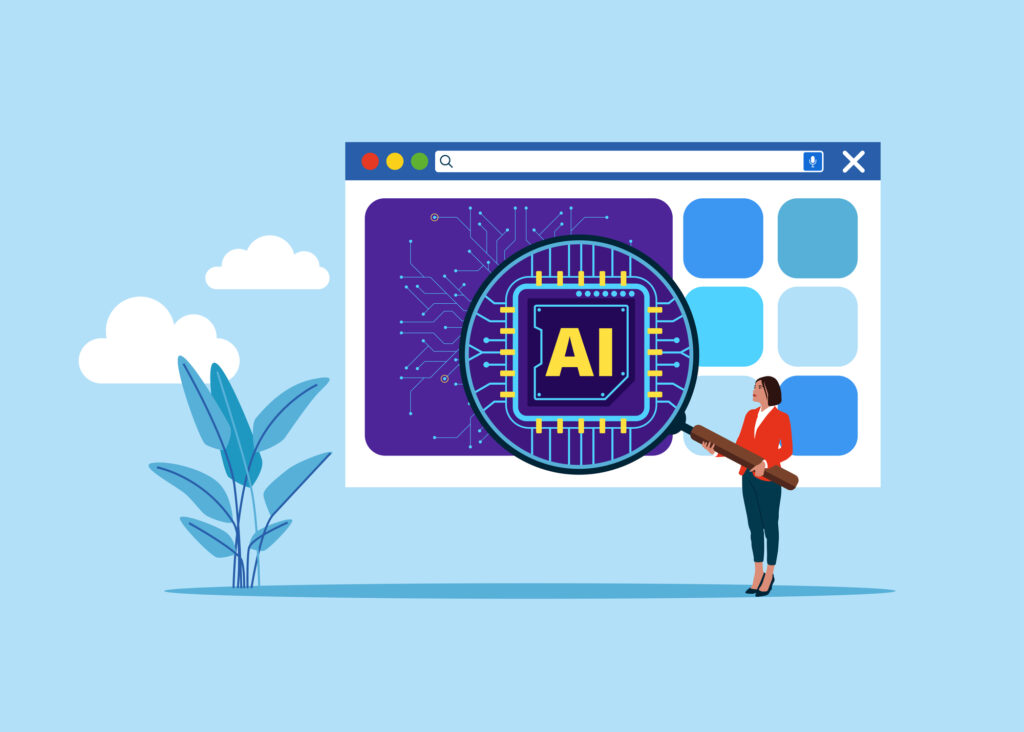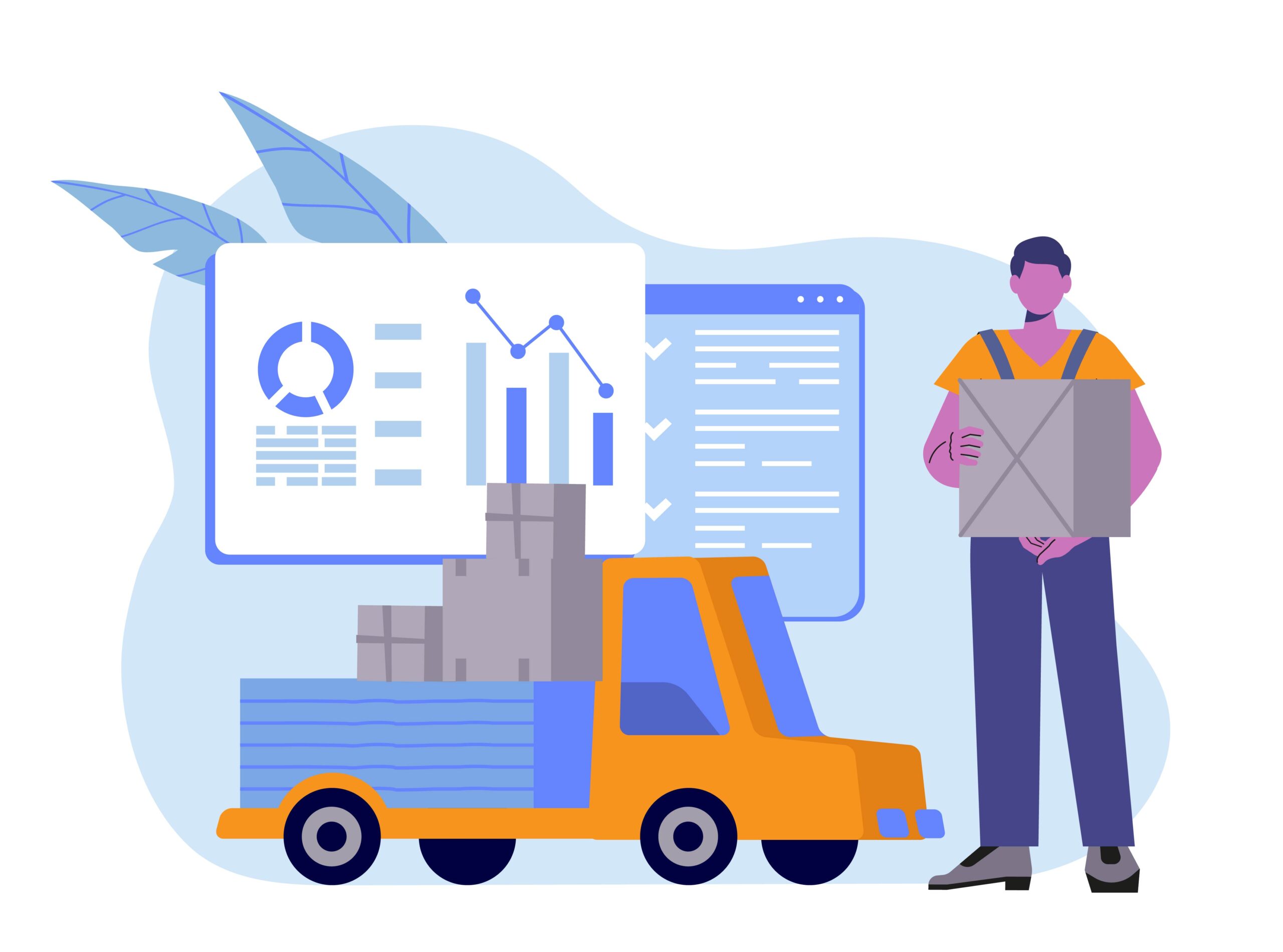
Generative AI is transforming industries with innovations that enhance how businesses and individuals use technology. Here’s a detailed overview of the most significant trends for 2024 and their potential impact.
Personalization and User Experience
Generative AI is elevating the personalization of digital experiences. Businesses use AI-powered tools to deliver tailored recommendations, targeted marketing campaigns, and customized interfaces. These capabilities deepen customer engagement and build brand loyalty, as AI models become more accurate and responsive to individual preferences. Organizations that prioritize personalization will gain a competitive edge by creating meaningful interactions with their audiences.
Scaling Enterprise Adoption
Companies are moving beyond pilot projects to integrate AI on a larger scale. Despite the growing enthusiasm, many face challenges like establishing governance, accessing skilled talent, and measuring return on investment. Firms that overcome these obstacles with strategic investments in data infrastructure and cloud technology are positioned to lead in AI innovation.
Generative AI’s contributions to improving operational efficiency and reducing costs are undeniable. However, defining tangible value and implementing robust evaluation methods remain crucial for realizing its full potential.
Synthetic Media and Deepfake Technology
The development of synthetic media, such as deepfakes, opens new avenues for creative industries while posing significant challenges. These tools enable hyper-realistic content for entertainment, education, and marketing, but their misuse raises concerns about misinformation and data privacy. Advancements in detection technologies are helping to mitigate risks by identifying fabricated content and ensuring digital authenticity.
AI’s Role in Climate Action
Generative AI is making strides in addressing environmental challenges. By analyzing climate data, optimizing resource usage, and improving renewable energy technologies, AI offers tools to combat global warming and guide sustainable practices. These advancements not only support environmental goals but also drive innovation in clean energy solutions.
Healthcare Transformation
AI continues to revolutionize healthcare by enhancing diagnostics, treatment personalization, and drug discovery. Machine learning algorithms process complex datasets to detect diseases early and develop effective therapies faster than ever. These applications promise better patient outcomes while reducing healthcare costs, cementing AI’s role as a critical tool in modern medicine.
Cybersecurity and Risk Management
As cyber threats evolve, generative AI plays a vital role in strengthening defenses. AI-driven systems analyze network traffic, detect anomalies, and predict security breaches in real-time, ensuring proactive protection. These advancements, coupled with automation of incident response, enable businesses to safeguard their digital assets effectively.
At the same time, organizations must address ethical concerns, such as data privacy and intellectual property risks, by adopting strong governance frameworks.
Looking Ahead on Generative AI
Generative AI in 2024 is at a crossroads of innovation and responsibility. While its potential to transform industries is vast, addressing challenges like security, governance, and ethical considerations is imperative. By focusing on scalable solutions, personalized experiences, and environmental sustainability, businesses can unlock AI’s full potential for both growth and societal benefit.
About the Author
The Best Digital Marketing Insight and Advice
The WSI Digital Marketing Blog is your go-to-place to get tips, tricks and best practices on all things digital
marketing related. Check out our latest posts.
We are committed to protecting your privacy. For more info, please review our Privacy and Cookie Policies. You may unsubscribe at any time.
Don't stop the learning now!
AI in Logistics: Supply Chain Optimization
Artificial intelligence (AI) is transforming the logistics and customs management industry, improving efficiency, reducing costs, and optimizing regulatory compliance. As global trade expands, businesses and customs authorities are turning to advanced solutions to streamline their operations.Below, we explore some of the most relevant AI tools in logistics and customs. 1. AI in Logistics: Supply Chain Optimization a. Demand Prediction and Inventory Management Tools such as Blue Yonder and Llamasoft (Coupa) use AI and and machine learning to analyze
READ MOREThe Future of AI: Exploring Gamma and Similar Tools
Artificial intelligence (AI) is revolutionizing content creation and task automation. One of the most innovative tools in this space is Gamma, a platform designed to streamline the creation of presentations, documents, and reports with minimal manual effort. In this article, we will explore Gamma and other similar tools that are transforming productivity and content generation. …
Continue reading “The Future of AI: Exploring Gamma and Similar Tools”
READ MOREHow AI Can Transform Customs Agencies: Boosting Efficiency and Security
In today’s fast-paced global trade environment, customs agencies play a critical role in ensuring the smooth flow of goods across borders while maintaining security and compliance. However, the increasing volume of international trade, coupled with complex regulations, has made the job of customs agencies more challenging than ever. This is where Artificial Intelligence (AI) steps …
Continue reading “How AI Can Transform Customs Agencies: Boosting Efficiency and Security”
READ MORE




